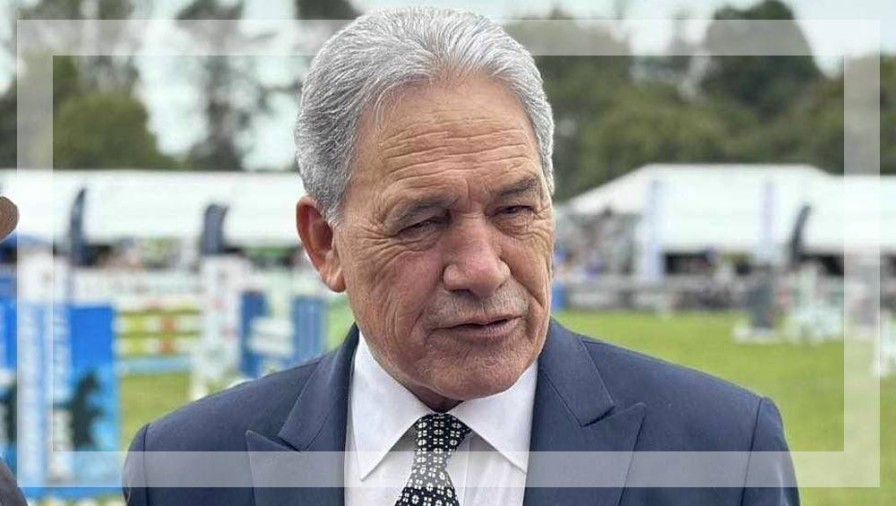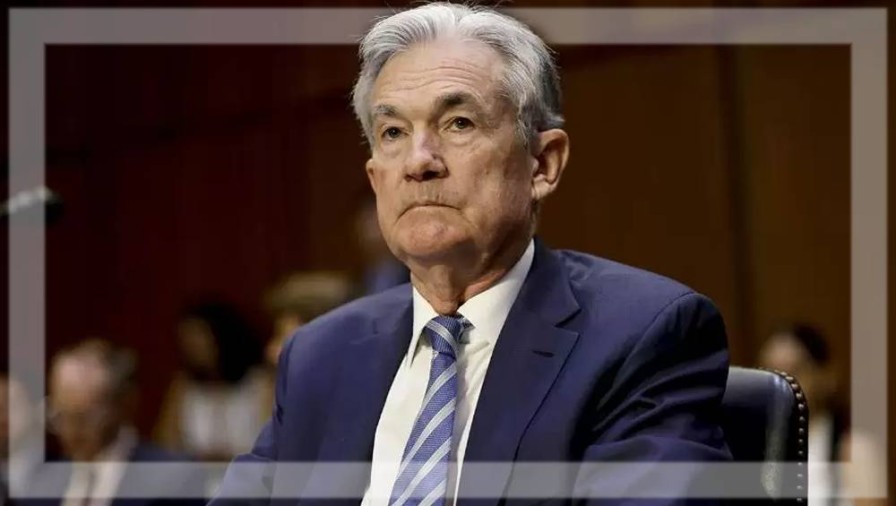Trump extends China tariff deadline; journos dead in Gaza City
And Ford to inject US$2b in Kentucky assembly plant to build affordable electric vehicles.
The truce with China was due to expire this week.
And Ford to inject US$2b in Kentucky assembly plant to build affordable electric vehicles.
The truce with China was due to expire this week.
Ata mārie and welcome to your Tuesday summary of business and political news from around the world.
First today, US President Donald Trump extended a tariff deadline truce with China for 90 days after he signed an executive order, Bloomberg reported.
The truce, which meant the US and China agreed to reduce tariff hikes and ease export restrictions on rare earth materials and technologies, was due to expire this week. The extension would ease concern about a renewed tariff war and gives the countries more time to discuss fentanyl and Chinese purchases of sanctioned Russian and Iranian oil, Bloomberg said.
Australian Prime Minister Anthony Albanese said his government would recognise a Palestinian state at the UN General Assembly in September, Al Jazeera reported. Meanwhile, New Zealand's Foreign Minister Winston Peters said the country’s government would carefully weigh up its position over the next month. He said the humanitarian “catastrophe” in Gaza was at the forefront of the global agenda.
“Ultimately, New Zealand has an independent foreign policy and, on this issue, we intend to weigh up the issue carefully and then act according to New Zealand’s principles, values, and national interest.
“New Zealand has been clear for some time that our recognition of a Palestinian state is a matter of when, not if.”

Foreign Minister Winston Peters.
On the ground, five Al Jazeera journalists died in an Israeli strike in Gaza City, the broadcaster confirmed.
The Israeli military said it targeted 28-year-old correspondent Anas al-Sharif, alleging he had served as the head of a terrorist cell in Hamas. Al Jazeera denied its reporters were affiliated with Hamas and called the strike a "targeted assassination", the BBC reported.
In business news, car manufacturer Ford announced it would invest US$2 billion in a Kentucky assembly plant to manufacture more affordable electric vehicles, CNBC reported. The investment was in addition to US$3b already planned for a battery facility in Michigan. Together, the facilities would secure about 4000 new jobs.
Ford said its lithium iron phosphate batteries for new EVs would be assembled in the US and not imported from China.
To markets, where oil and gold prices retreated amid optimism that there could be progress on a resolution in Ukraine, the Guardian reported. Trump said last week that he would meet Russian President Vladimir Putin this Friday in Alaska to negotiate an end to the war. Gold prices slipped and the US dollar strengthened.
Trump earlier suggested any breakthrough would require the exchange of territory. “It’s very complicated,” he said. “There’ll be some swapping of territories to the betterment of both.”
Ukraine and its European allies had long opposed any agreement that involved ceding occupied land to Russia, Al Jazeera said.
Meanwhile, Trump said his administration was seizing control of the Washington DC police department and deploying the National Guard to crack down on local crime, the ABC said. Trump said he wanted to "rescue our nation's capital from crime, bloodshed, bedlam and squalor. Our capital city has been overtaken by violent gangs and bloodthirsty criminals”.

Federal Reserve chair Jerome Powell.
Elsewhere, Federal Reserve vice-chairs Michelle Bowman and Philip Jefferson, along with Dallas Fed President Lorie Logan, were under consideration to serve as chair of the central bank from next year, Bloomberg reported.
Treasury Secretary Scott Bessent is running the search for the replacement to Jerome Powell. Officials said Bessent would interview the candidates over the coming weeks. Last week, Trump nominated Stephen Miran, chair of the White House’s Council of Economic Advisers, to fill a seat on the Fed’s board of governors.
Finally, in the UK, corporate hiring intentions remained at a record low as businesses grapple with rising employment costs and the uncertain economic outlook, the Guardian reported.
Three different surveys painted a gloomy picture for hiring activity, pay, and business confidence, with firms “stuck in limbo” and waiting for clarity from the upcoming budget. Only 57% of private sector employers planned to recruit staff in the next three months, down from 65% last year.
Sign up to get the latest stories and insights delivered to your inbox – free, every day.